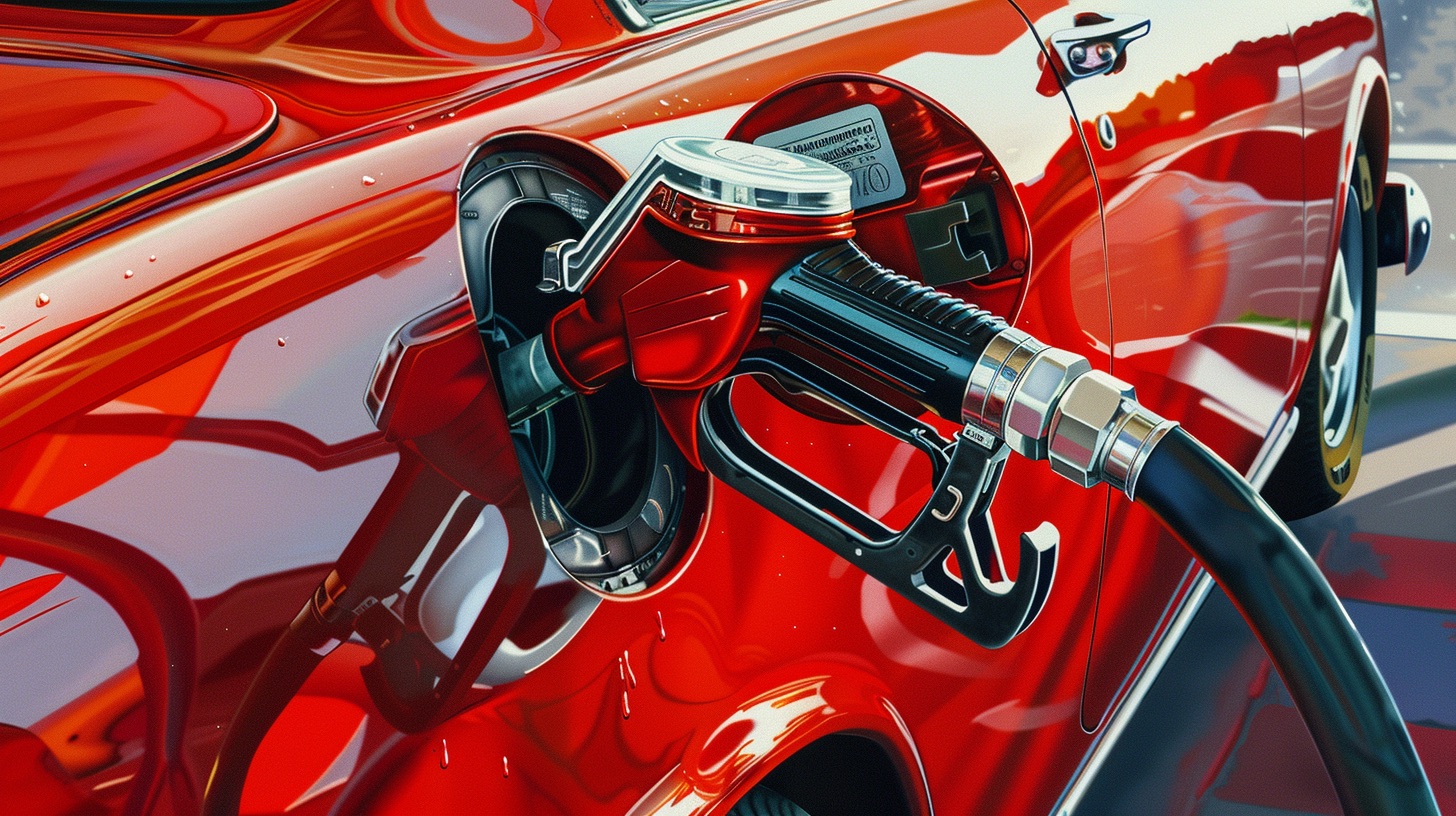Welcome to the sixth article in our series, “Summer Driving Safety Tips and Tricks.” Today, we’ll explore how to improve your vehicle’s fuel efficiency during hot weather, helping you save money and reduce your environmental impact. If you missed our previous articles, be sure to check out our discussions on keeping your car cool, preparing for road trips, handling heavy traffic, sun safety for drivers, and driving in summer storms.
How Hot Weather Affects Fuel Efficiency
Hot weather can impact your vehicle’s fuel efficiency in several ways:
- Increased A/C Usage: Running your air conditioning system puts extra load on the engine, increasing fuel consumption.
- Tire Pressure Changes: Heat causes air in tires to expand, potentially leading to over-inflation and increased rolling resistance.
- Increased Evaporation: Fuel evaporates more quickly in hot weather, especially in older vehicles.
- Engine Inefficiency: Extremely high temperatures can cause your engine to run less efficiently.
Summer Fuel Efficiency Tips to Save Money
- Use A/C Wisely:
- At lower speeds (under 40 mph), open windows instead of using A/C.
- At higher speeds, use A/C as open windows create drag.
- Park in shaded areas to keep your car cooler.
- Maintain Proper Tire Pressure:
- Check tire pressure regularly, especially during heat waves.
- Properly inflated tires can improve fuel economy by up to 3%.
- Avoid Idling:
- Turn off your engine if you’re parked or stopped for more than 10 seconds.
- Modern engines don’t need to “warm up” before driving.
- Plan Your Trips:
- Combine errands into one trip to avoid multiple short trips with a cold engine.
- Use navigation apps such as Google Maps, Apple Maps, or Waze to find the most efficient routes.
- Remove Excess Weight:
- Clear out unnecessary items from your car to reduce weight.
- Remove roof racks when not in use to reduce drag.
- Drive Smoothly:
- Avoid rapid acceleration and hard braking.
- Use cruise control on highways to maintain a steady speed.
- Fuel Up Wisely:
- Fill up your tank during cooler parts of the day to reduce fuel evaporation.
- Don’t overfill your tank, as this can lead to spillage and evaporation.
Maintaining Your Vehicle for Maximum Fuel Efficiency
Regular maintenance is key to ensuring your vehicle runs efficiently, especially during hot weather:
- Regular Oil Changes:
- Use the recommended grade of motor oil.
- Consider synthetic oil for better efficiency in extreme temperatures.
- Air Filter Replacement:
- A clean air filter can improve fuel economy and acceleration.
- Replace according to your vehicle’s manual or more frequently in dusty conditions.
- Spark Plug Maintenance:
- Properly functioning spark plugs ensure efficient fuel combustion.
- Replace as recommended by your vehicle manufacturer.
- Check Your Gas Cap:
- A loose or faulty gas cap can cause fuel to evaporate.
- Ensure it’s tightened properly after each fill-up.
- Regular Tune-Ups:
- Keep your engine running efficiently with regular tune-ups.
- Address any check engine lights promptly.
The Impact of Fuel Efficiency on Your Wallet and the Environment
Improving your vehicle’s fuel efficiency not only saves you money but also reduces your carbon footprint. According to the U.S. Department of Energy, adopting efficient driving habits can lower your gas mileage by 15%–30% at highway speeds and 10%–40% in stop-and-go traffic. This translates to significant savings over time and a considerable reduction in greenhouse gas emissions.
Long-Term Strategies for Better Fuel Efficiency
While these tips help improve fuel efficiency in the short term, consider these long-term strategies:
- Regular Vehicle Maintenance: Stick to your vehicle’s recommended maintenance schedule.
- Upgrade to More Efficient Tires: When it’s time to replace your tires, consider low rolling resistance options.
- Consider a More Fuel-Efficient Vehicle: If you’re in the market for a new car, compare fuel efficiency ratings.
- Explore Alternative Transportation: For short trips, consider walking, biking, or using public transportation when available.
Conclusion
By implementing these summer fuel efficiency tips, you can save money, reduce your environmental impact, and enjoy a more comfortable driving experience during hot weather. Remember, small changes in your driving habits and vehicle maintenance can lead to significant improvements in fuel efficiency over time.
Stay tuned for our next article, where we’ll discuss child and pet safety in hot cars.
If you or someone you know has been involved in a traffic accident, Stillman & Friedland Attorneys are here to help. Our experienced team can guide you through the legal process, ensuring you understand your rights and options. Call our Nashville team at 615-244-2111 for a free, confidential consultation. You can also reach out via our live chat or online contact form.
Drive efficiently and stay cool out there, Nashville.
Because we care… Stillman and Friedland







